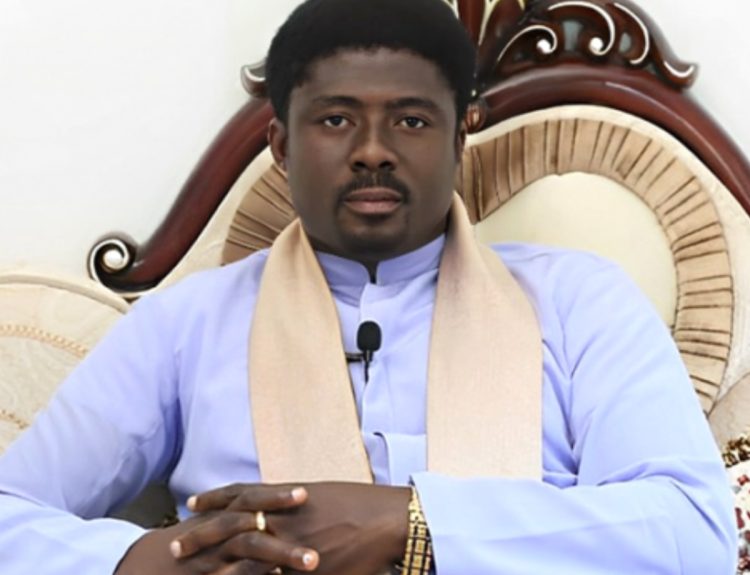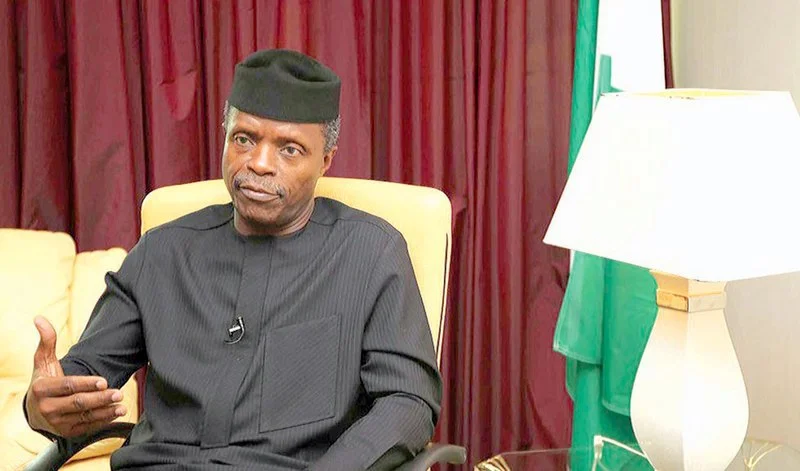Migrant workers employed at World Cup stadiums were secretly evacuated from the construction sites ahead of FIFA inspections, new research by human-rights investigators has found.
Construction firm bosses sounded fire alarms to ensure labourers left the premises and were unable to complain about their treatment to FIFA officials, the report by Equidem Research and Consulting said.
The report also reported that two workers died following incidents at the stadium hosting the final including one as recently as last year – and that human-rights abuses were committed at all eight of the tournament’s stadiums.
These acts included physical punishments if workers were perceived to be underperforming, sackings when they complained about their treatment, and being forced to work during Covid-19 lockdowns.
Qatar’s Supreme Committee for Delivery & Legacy, the World Cup organising body, insisted the research was ‘completely unbalanced’, unsubstantiated and represented a ‘one-sided narrative’.
However, Nick McGeechan, founding director of FairSquare and a leading advocate on migrant workers’ rights, said: ‘The research tends to confirm suspicions that the Supreme Committee hasn’t always been in full control of worker welfare on these projects.
‘The Supreme Committee have responsibility over what’s happening on their site but in a very badly regulated construction market.
‘I don’t think it necessarily points to bad intent on behalf of the Supreme Committee. But is very difficult to insulate yourself from the worst elements of this labour system, even on really well-run projects. Irrespective of how good your intentions are, it’s very hard to control the workers at the end of the supply chain.’
Qatar has long been criticised for the treatment of its migrant worker population.
A Nepalese migrant employed at Lusail Stadium, the venue for the final, said: ‘The company rang the fire alarm on purpose. When people heard this alarm, everyone came out.
‘These fire drills were given regularly so people would gather in prescribed open spaces. After that, managers would bring out the buses and take us away.
‘At first, people believed those fire alarms. Everyone used to come out whenever the alarm rang.
‘After this happened about two or three times, people stopped coming out. Workers started to hide to get a chance to complain to the FIFA group. Then the company started checking if anyone was still on site. If anyone was caught hiding, they were either sent back home or had their salary deducted.’
An Indian worker, who was employed on the stone-cutting section at Al Bayt Stadium, described being moved to alternate sites or sent back to their camp on days when independent inspections were planned.
‘The investigation team came every month, but we could not meet the FIFA or Supreme Committee team because our workplace would be changed before they arrived. On the days where there was talk of inspection, we were sent elsewhere for duty or sent to the camp.
‘A company staff stood at the stadium gate and when the FIFA or Supreme Committee people came, he would inform our supervisors. Company officials gave us strict instructions that we should not go to the FIFA team with any complaints. We were told that strict action would be taken against anyone who complains.’







2 Comments